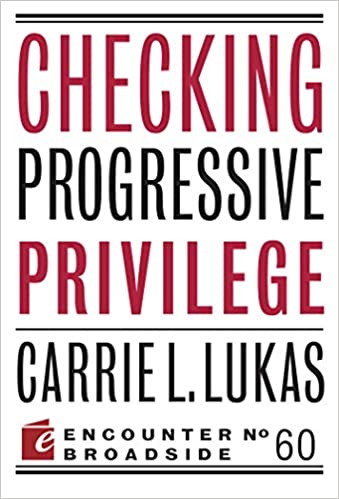A big brouhaha today on the trans extremist world.
At Neiman Lab, "One open letter draws parallels between the Times’ coverage of trans people and, in earlier decades, its coverage of gay people and HIV/AIDS."
And see Esther Wang, "New York Times Writers Call Out the Paper’s Anti-Trans Onslaught":
On Wednesday morning, a group of almost 200 journalists and writers released an open letter addressed to the New York Times, sharing their "serious concerns about editorial bias in the newspaper’s reporting on transgender, non-binary, and gender nonconforming people" and criticizing how the Times has "follow[ed] the lead of far-right hate groups in presenting gender diversity as a new controversy warranting new, punitive legislation."
The open letter, whose signees include regular contributors to the Times and prominent writers and journalists like Ed Yong, Lucy Sante, Roxane Gay, and Rebecca Solnit, comes at a time when far-right extremist groups and their analogues in state legislatures are ramping up their attacks on trans young people; just yesterday, South Dakota became the sixth state to ban or restrict gender-affirming care for youth, efforts that one conservative activist recently acknowledged was merely the first step toward their goal of banning transition care altogether.
In recent years and months, the Times has decided to play an outsized role in laundering anti-trans narratives and seeding the discourse with those narratives, publishing tens of thousands of handwringing words on trans youth—reporting that is now approvingly cited and lauded, as the letter writers note, by those who seek to ban and criminalize gender-affirming care.
As the critic Tom Scocca wrote of the Times' reporting, "This is pretty obviously—and yet not obviously enough—a plain old-fashioned newspaper crusade. Month after month, story after story, the Times is pouring its attention and resources into the message that there is something seriously concerning about the way young people who identify as trans are receiving care." He then asked: "If it's not a problem, why else would it be in the paper?"
Loads of links at the article, but see, if you can stomach it, "THE WORST THING WE READ THIS WEEK: Why Is the New York Times So Obsessed With Trans Kids?" (Via Memeorandum.)









